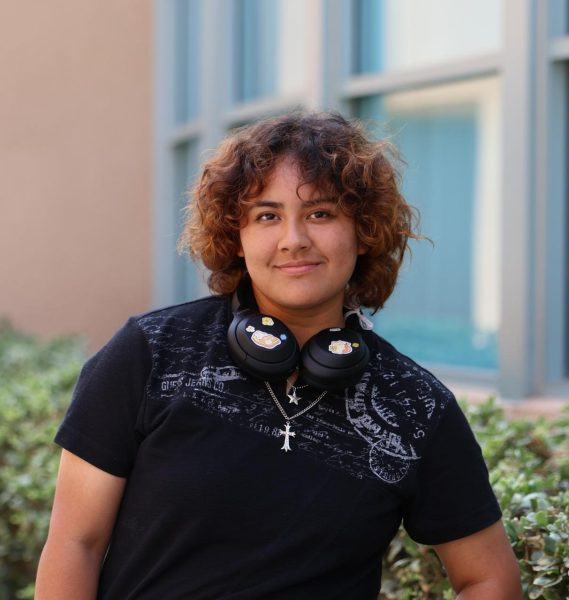Language is the first step to connecting people from Bangkok to Barcelona, Moscow to Melbourne, Seoul to Shenzhen. As a way of communicating values, customs and beliefs, mastering the nuances of a language requires an early recognition of different cultural groups and ethnic backgrounds. However, schools are not doing enough to help students master languages, the essential tool to bridging cultures.
It is almost impossible to be able to hold conversations in foreign languages without starting and maintaining a high level of usage from a young age. Although the language classes offered in high schools help students learn the basics, these classes are offered in the later years of a child’s mandatory education, when it becomes harder for students to achieve the same level of fluency as native speakers. According to an article from The Atlantic, less than 1% of American adults are proficient in the foreign language course they took in high school, which reveals how language acquisition becomes more difficult as students become older.
“People who start learning a language between 10 and 18 will still learn quickly, but since they have a shorter window before their learning ability declines, they do not achieve the proficiency of native speakers,” medical and science writer Anne Trafton said in an article for MIT News. “Adults are still good at learning foreign languages, but they will not be able to reach the level of a native speaker if they begin learning as a teenager or as an adult.”
In countries like China and Korea, students start learning English from the third grade. It was estimated in a 2012 study that there are around 200 to 350 million English speakers in the world, a staggering 27% of the population at the time. According to an article by The Diplomat, about 50% of Koreans under the age of 40 are able to understand basic English. These statistics show that foreign languages must be taught earlier for children to become lifelong speakers.
Additionally, if students want to further their passion for language, immersing themselves in a foreign culture is also a great opportunity. Luc Landeis, a current Northwood Spanish teacher and Northwood alum, found his passion for the language as he took Spanish courses, but what made him fall in love with the language was his trip to Spain during his sophomore year of college, where he got to immerse himself in native environments, thus broadening his understanding of the culture.
“When you spend a lot of time around other cultures, you are able to learn so much more about a language and groups of people,” Landeis said. “There are cultures, traditions and even words that you can’t understand to their fullest meaning, which really pushes you to take that extra step to learn more about the cultures of others.”
Offering language or culture classes to students in the earlier years of their education can help them learn the importance of being immersed in a culturally diverse environment. These introductory courses could also help students retain their language skills after high school due to prolonged exposure. Perhaps these classes won’t be complete language courses like the ones offered in high school, but even introductory courses could spark interest and curiosity in the younger generation and encourage them to explore different cultures at an earlier age.
“Irvine is a really cool place to live because you’re able to experience a whole new world when you hang out with your friends that eat different food, speak different languages and have different lifestyles,” Landeis said. “We have such a diverse community in our school. It really shows how learning languages and cultures can contribute to a more accepting and engaged campus.”



![AAAAAND ANOTHER THING: [CENSORED] [REDACTED] [BABY SCREAMING] [SIRENS] [SILENCE].](https://thehowleronline.org/wp-content/uploads/2025/06/lucy-1200x800.jpg)

















































